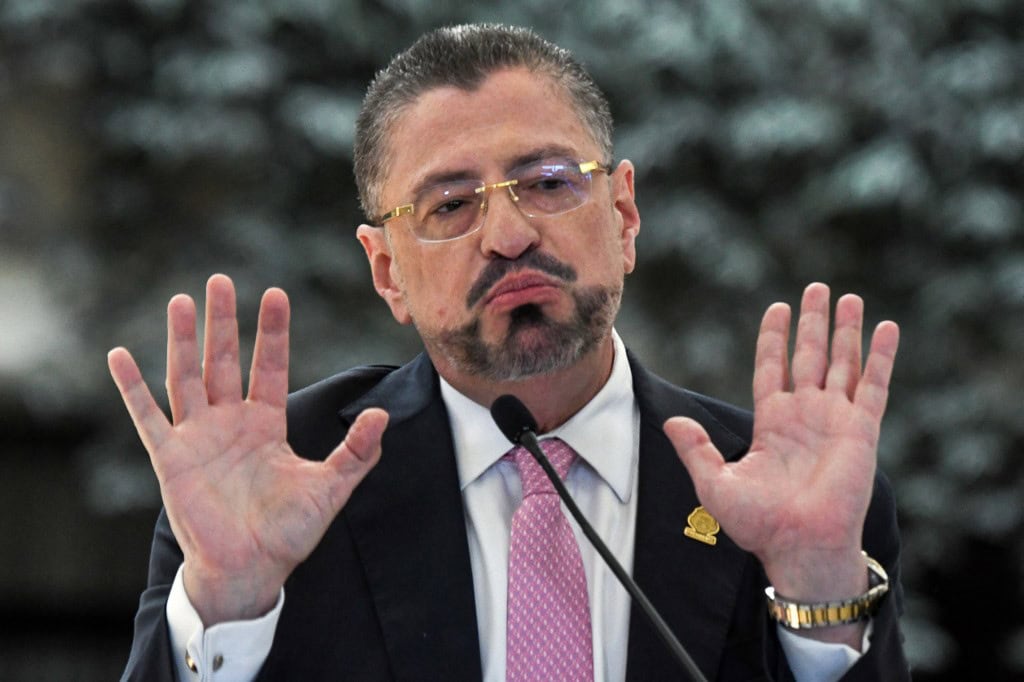Costa Rica’s lawmakers took a step forward today in addressing the latest push to strip President Rodrigo Chaves of his legal protections. The Legislative Assembly proposed October 20 as the date to begin outlining how they will handle the Supreme Electoral Tribunal’s request to lift his immunity over claims of political interference.
The move comes just two days after the tribunal formally asked the assembly to remove Chaves’s immunity. Officials cited 15 complaints accusing the president of “beligerancia política,” which involves meddling in electoral matters. These claims point to Chaves using public platforms and resources to influence upcoming elections, a violation of rules that bar sitting presidents from active campaigning.
If the assembly agrees to lift the immunity, the tribunal could then hold Chaves accountable. Penalties might include removal from office and a ban from public roles for several years, according to electoral laws. This marks the second time in recent months that lawmakers face this decision. Back in September, a similar effort fell short in a vote, with 34 deputies supporting it and 21 opposing, failing to reach the required 38 votes.
Chaves, who took office in 2022, has faced growing scrutiny over his public statements and actions. Critics argue he has crossed lines by promoting certain political figures and using government events to sway voters ahead of municipal elections set for next year. Supporters, however, see the accusations as politically motivated attacks aimed at weakening his administration.
The proposal for the October 20 start date came during discussions in the assembly’s plenary session. Deputies will first decide on the process, which could involve forming a special commission to review evidence and hear testimonies. This initial phase sets the stage for a full debate and potential vote on the immunity question.
Not everyone backs moving forward quickly. One political party filed a motion to pause the process, claiming it gives an unfair edge to the ruling group by keeping the spotlight on opposition figures. Assembly leaders plan to address this objection in the coming days, but the tentative schedule suggests momentum to resolve the matter before the end of the year.
Chaves has responded to the tribunal’s request by defending his right to speak on national issues. He maintains that his comments fall within normal presidential duties and do not amount to election meddling. The president has also pointed to his government’s focus on economic reforms and security improvements as priorities that should not be derailed by legal distractions.
This development adds pressure to an already tense political climate in Costa Rica. With elections approaching, the outcome could reshape alliances and influence voter turnout. Lawmakers now hold the key to whether Chaves faces a formal probe or continues his term without this hanging over him.
The assembly’s next session on Thursday will likely confirm the timeline, keeping the public watching closely as events unfold.






